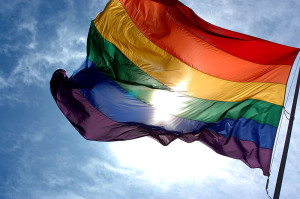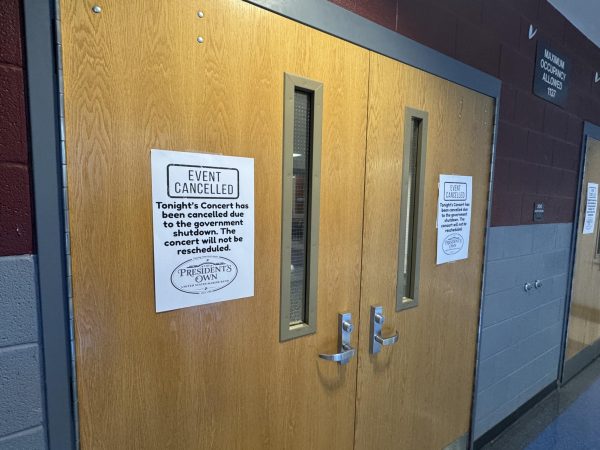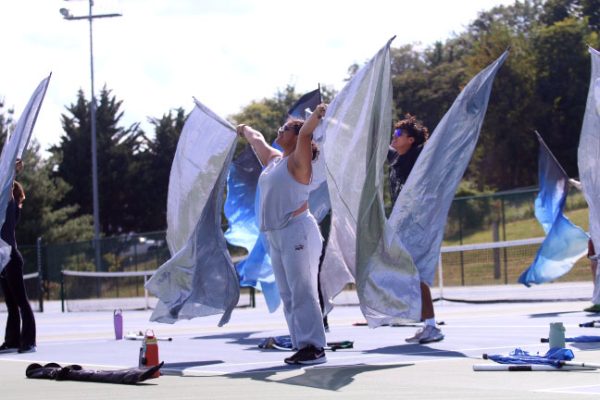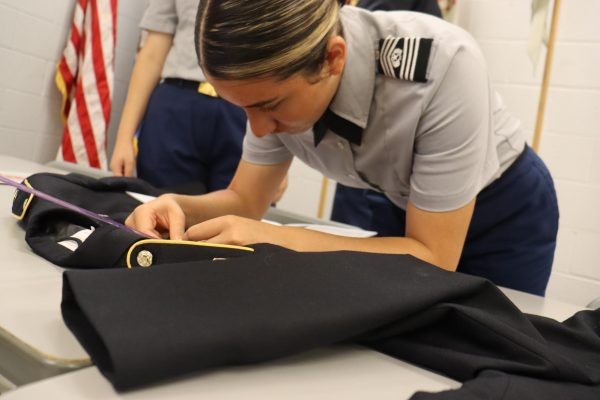National Coming Out Day opens up conversation of outing in schools

National Coming Out Day is Oct. 11, an internationally observed awareness day that commemorates individuals who publicly identify as lesbian, gay, bisexual, and transgender. Its purpose day is to create solidarity between straight people, people who are ‘closeted’ (not open about their sexual or gender identity) and people who are ‘out’ (publicly identify as a non-traditional sexual or gender identity). Not only does this provide a space for people to feel comfortable about their identity and recognize the process of coming out, it’s intended to open discussion on LGBT discrimination and how the outing process affects students.
Coming out is a major rite of passage in the LGBT community. Revealing one’s sexual orientation or gender identity as something outside the culturally dominant one (heterosexual or cisgender, a gender that matches the gender culturally assigned to one’s biological sex) is considered to be an essential part of affirming one’s identity and creating a diverse society. While it is an established goal of the community to build and live in a world where people can freely expose their identity, it is a reality far off for some individuals. The paradox for many people is that being ‘closeted’ leads to unhappiness and even self-denial but some people who come ‘out’ face many consequences. Repercussions can be social, economic, familial, and even psychological.
Junior Marceline Nevin, a transgender who identifies as female, came out publicly last month to the school.
“[The coming out process] depends from person to person,” Nevin said, “my friends have been supporting. The more people I told, the easier it was.Coming out in High School is more difficult because you have no control of your surroundings.” LGBT minors don’t have a choice of parents and housing or who they can associate with as peers. Often times, many will be in positions where coming out isn’t possible or safe.
“It was worth the turmoil. I feel more confident,” Nevin said .
There is, however, an underside to the process of coming out. ‘Outing’, disclosing a person’s sexual or gender identity without their consent, is a widespread problem, especially in high schools. ‘Outing’ someone can be accidental or deliberate, and it can be a serious fear amongst LGBT people who aren’t comfortable with being open. Junior Julexus Cappell, an outspoken ally, particularly is concerned with this process.
“Outing is 100% wrong. Accidental or deliberate, especially if deliberate. You never out people,” Cappell said.
Sarah Lubert, a Junior who is also an ally, stressed the importance of confidentiality.
“It’s sad that some people can’t come out but ultimately it’s their decision,” Lubert said.
While there are people who maliciously out people with the intent of doing harm, sometimes it is a completely accidental process. Sometimes people come out to a small group and someone spreads information thinking they were out publicly. Activist emphasis that it is important that people, especially allies, are careful revealing information about others. The fear of being outed was very real for Nevin.
“Realize that not everyone is super nice. It’s cynical, but still. Be careful that the person you are describing trusts the people you are telling,” Nevin said.
Members of the community argue it is just as important for allies to be involved in activism and generating tolerance around the school as it is for LGBT people to further their cause. Because remaining in the closet is a bitter reality for many people, it is important for those people who have the ability to speak without persecution to fight for the people who do not have a voice. With that said, it is equally as important that LGBT people are allowed to speak for themselves. A lot can be learned from the lived experiences of these people. “Let your friends tell you about their experiences,” Cappell said. “Open your mind. It’s cliché, but make sure you are around different people.”
Your donation will support the student journalists of Harrisonburg High School. Your contribution will allow us to purchase equipment and cover our annual website hosting costs.












Michelle Boor • Dec 12, 2013 at 3:50 pm
This was a great read. I hope the schools make positive changes for the good of the students emotional health.